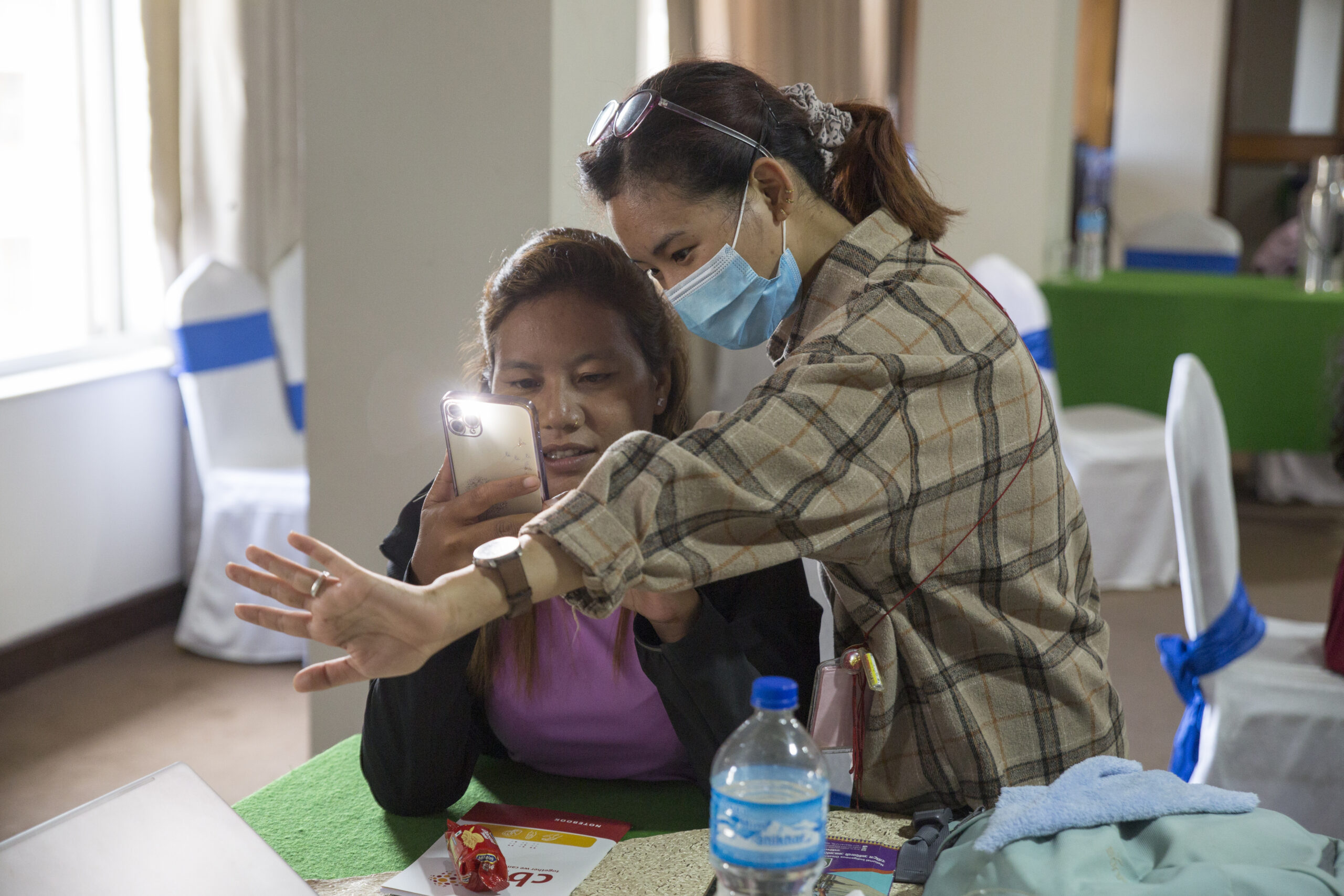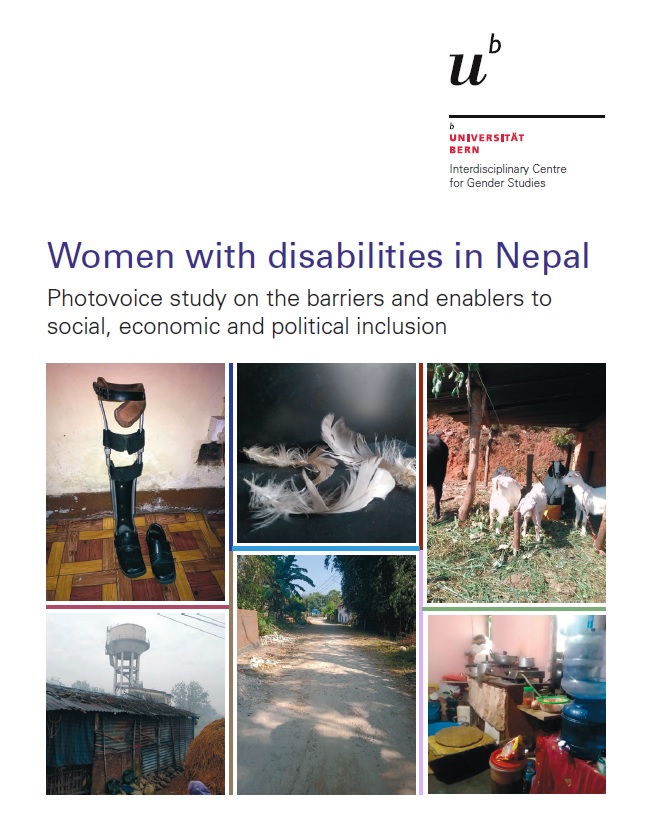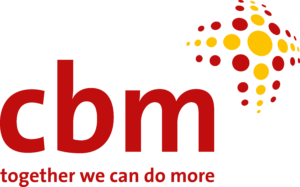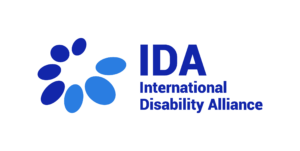Étude Photovoice
Photovoice Study on Women with Disabilities in Nepal (EN) (PDF)
The SDDC commissioned a participatory study to the Interdisciplinary Centre on Gender Studies at the University of Bern. The study examines the situation of women with disabilities in Nepal, with a focus on the barriers and enablers to their inclusion. Nepal is a priority country of Swiss development cooperation.
The study used a Photovoice methodology: Ten women with different disabilities participated in a photography workshop and then went on to document their experiences via photographs they took themselves. These illustrate the barriers and enablers to their social, economic and political inclusion. Their pictures formed the basis of in-depth interviews with the researchers, to illustrate and provide information about their situation.
The Photovoice data show that four main underlying factors influence the inclusion and exclusion of women with disabilities in the social, economic and political spheres: (1) stigmatization and multiple discrimination, (2) lack of accessibility, (3) disability related extra costs and (4) self-confidence. These cross-cutting issues are important as they form the base for the successful inclusion of women with disabilities.

The study identifies an urgent need for action and makes several recommendations linked to the following thematic areas:
- Ending stigmatisation and addressing multiple forms of discrimination
- Enhancing confidence-building and social inclusion
- Ensuring accessibility of infrastructure and information
- Establishing access to employment and entrepreneurship
The recommendations are targeted at different actors according to their respective roles, including the Nepali government, civil society, OPDs and development cooperation actors.
Other key messages from the study include:
- To enable the full inclusion of women with disabilities in the social, economic and political spheres, efforts must be made to eradicate stigmatization and multiple discrimination.
- It is necessary to guarantee the accessibility of infrastructure, access to quality healthcare and the subsidization of disability related extra costs.
- Enablers for the successful economic inclusion of women with disabilities are skill training in combination with financial support, access to information and communication and a supportive environment at all levels.
- The social inclusion of women with disabilities can be enhanced by their integration into the labour market, self-confidence building, accessible infrastructure, mobile phones and OPD peer groups.
- Female politicians with disabilities serve as role models and enablers for a higher political inclusion of women with disabilities.
- The many existing constitutional, legislative and policy instruments must be properly implemented to foster the inclusion of women with disabilities and ensure their access to basic rights and social protection.
- OPDs are key actors for the full inclusion of women with disabilities.





